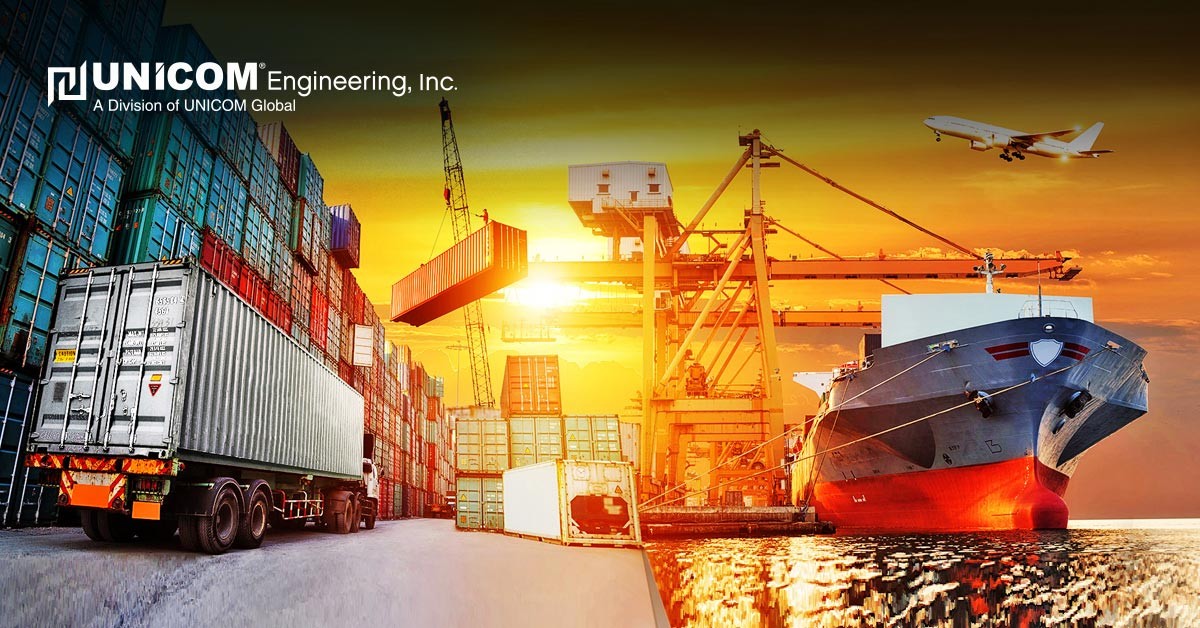To assist with the challenges of international trade, an experienced and qualified trade compliance team will be extremely beneficial to the organization. Trade Compliance can provide guidance on a number of topics that can make the process of international trade less of a challenge and into a realistic opportunity to expand internationally.
While consulting with a trade compliance team will improve the opportunities for export, trade compliance also provides expert guidance in the rules for exporting from the U.S. and importing in a foreign country.
It is important that all parties involved in export and import activities adhere to the rules and laws that govern international trade. Although some companies may contract an outside trade company to manage some of their more complex trade compliance tasks, it remains the exporter’s or importer‘s legal responsibility to ensure that the trade rules and laws are not violated.
Observing and adhering to the laws and regulations will prevent and, in some instances, reduce the risks of non-compliance and ultimately avoid serious penalties and fines.
What is Trade Compliance and Why is it Important?
Trade compliance is a function that ensures that all requirements are met to trade successfully in a competitive international environment, without violating the trade laws and rules in the U.S. or any foreign country.
A few topics to be familiar with are:
- Understanding your product and knowing under which jurisdiction it is controlled - U.S. Department of Commerce or U.S. Department of State. If you are not sure after you have classified the product, seek guidance on how to make a Commodity Jurisdiction request.
- Know when an individual license is required for the export or if a license exception may be utilized.
- Have knowledge of when an Import License is required to import the goods in any specific foreign country and the impact on the U.S. exporter if such license is not obtained by the importer before the shipment is exported from the U.S.
- When is technology a transfer within the U.S., or deemed export? trade compliance can provide guidance on how to handle these delicate topics and advise when a license is required and how to obtain them.
- What complications arise if a shipment arrives in a country, but not at the port of entry of the State it is intended. For example, a shipment is meant to be sent to Beijing China but arrived in Shanghai China. It may be less painful to have a molar extracted without being numbed than have the goods move from Shanghai to Beijing!
The foregoing is not meant to deter anyone but to provide an opportunity for accurate planning beforehand and follow up with trade compliance for guidance.
Trade compliance works closely with various freight forwarders, couriers, and brokers and interfaces with various regulatory agencies which is not only necessary to maintain compliance but also maximize savings.
UNICOM Engineering’s trade compliance team is highly qualified and experienced. They provide expert advice in the areas of international trade which enables trouble-free transactions as your business scales globally.
As a best practice, UNICOM Engineering’s trade compliance team stays abreast of current and new regulations as they impact global trade. They are experts regarding issues that could cost delays, fines, and non-compliance. Acting as an extension of our customer's business, the team engages with your organization to provide international trade advice you may need to navigate the area of global trade. Let us show you how. Contact us today by visiting www.unicomengineering.com, call 1 (800) 977-1010, or by email at info@unicomengineering.com to learn more.
